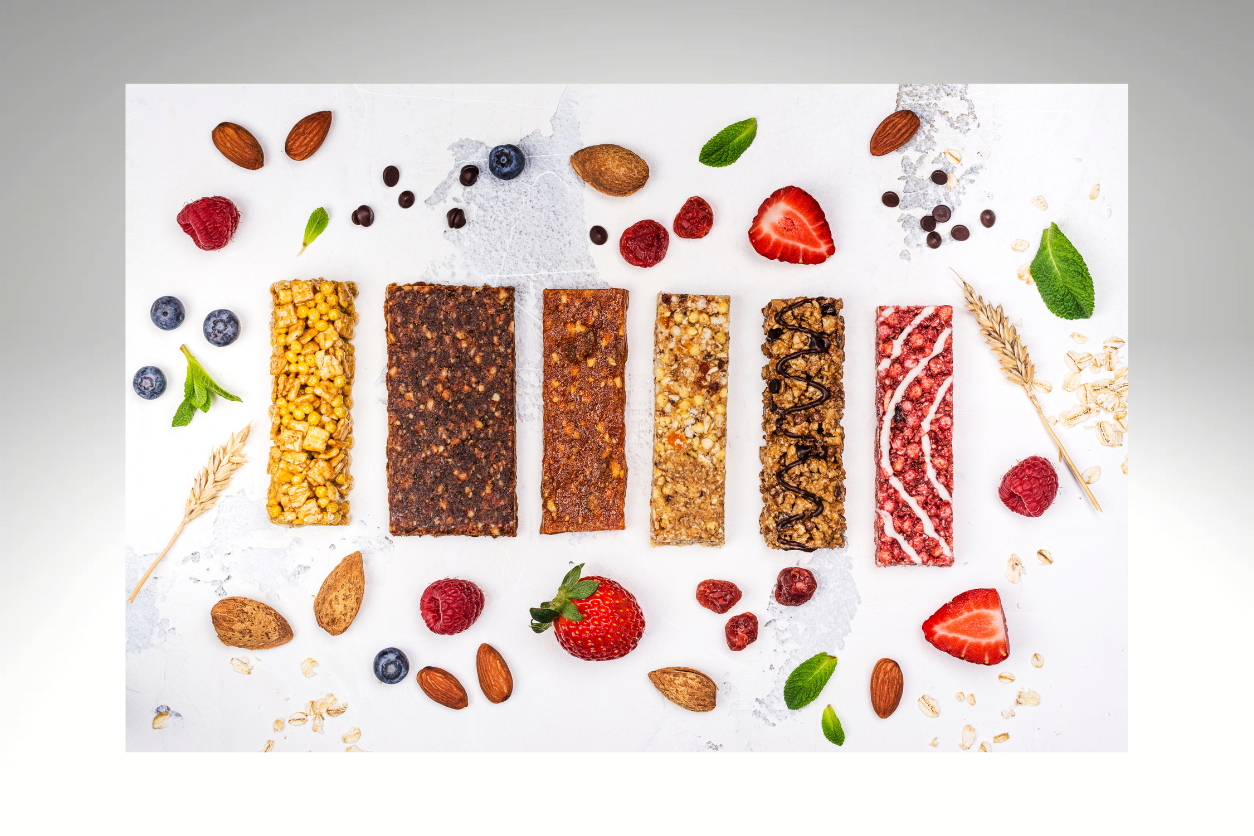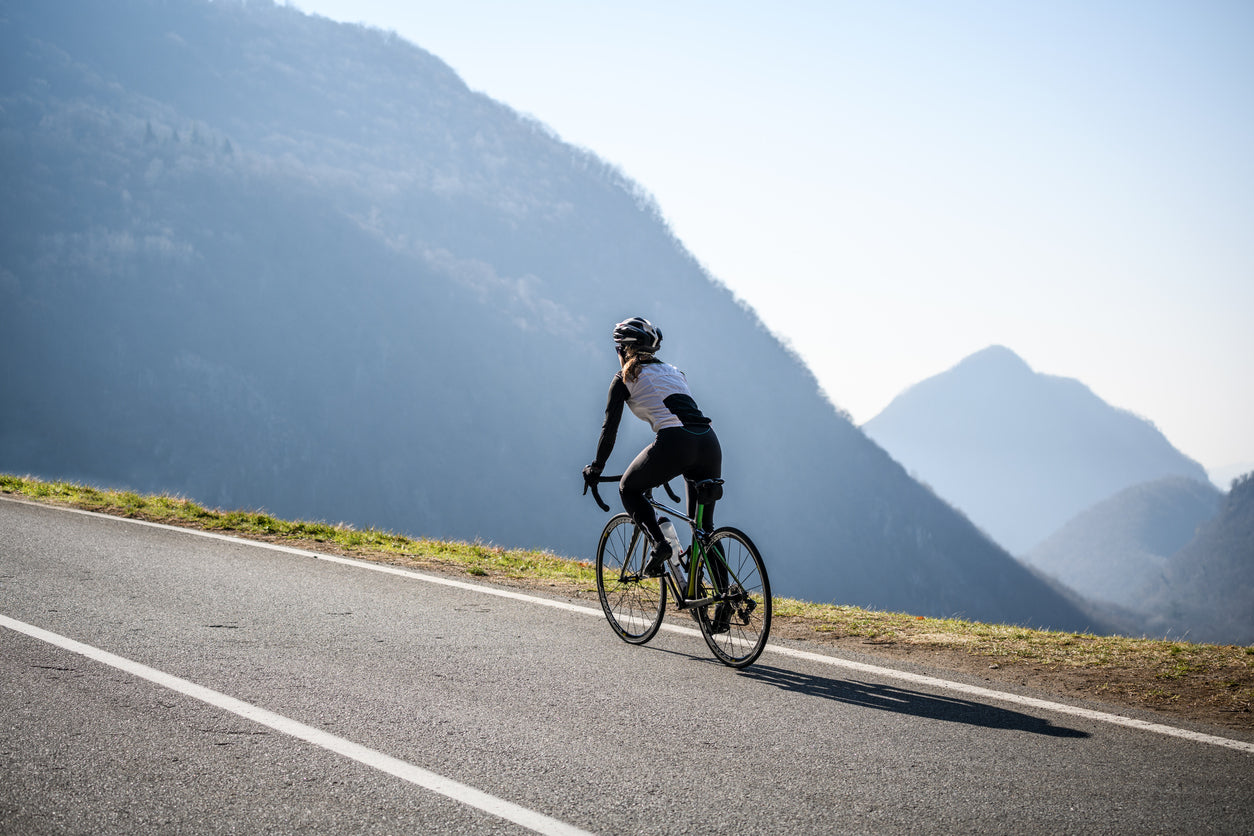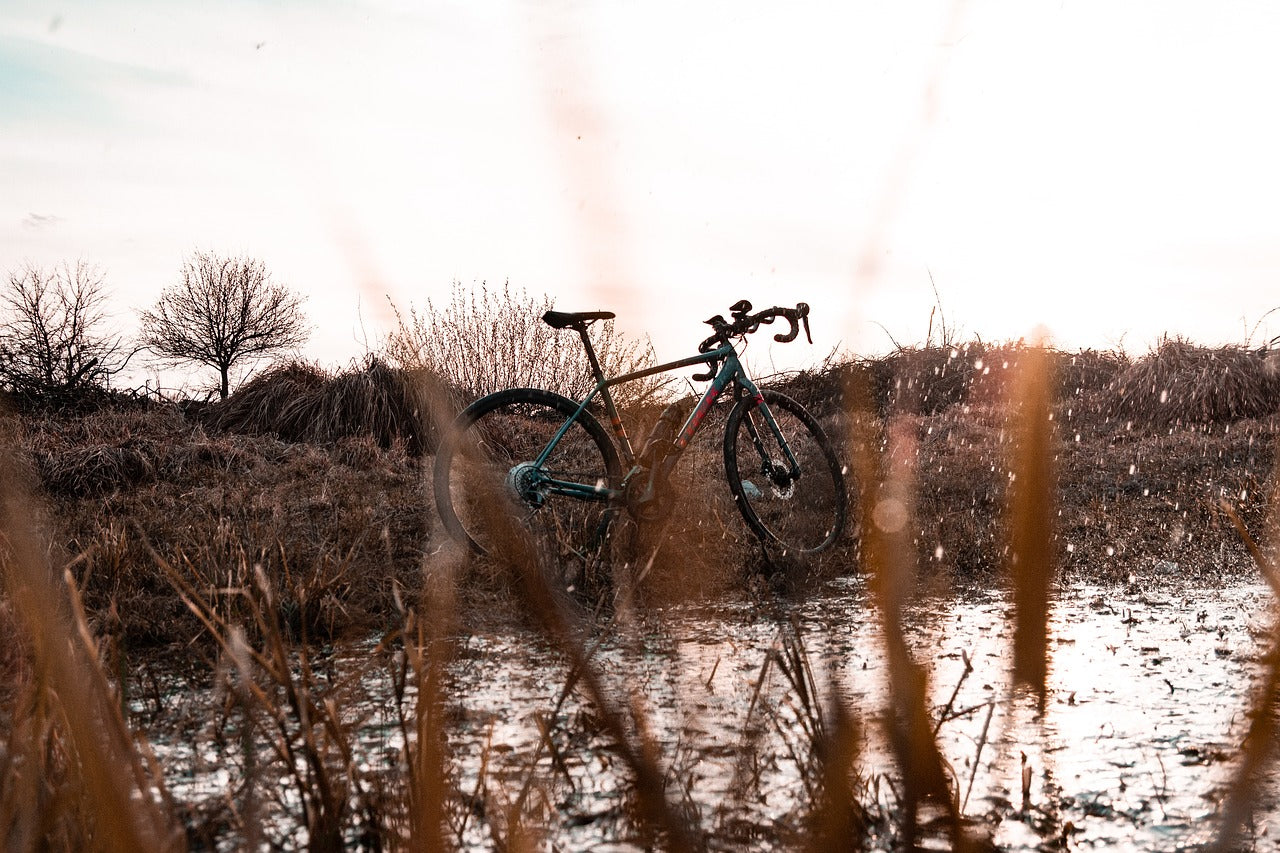As a female cyclist, your body has unique nutritional needs that are essential for optimal performance and recovery. Proper fuelling is crucial to sustain energy levels, prevent bonking and support muscle repair. In this blog post, we'll delve into the key nutrition strategies tailored for female cyclists, helping you to optimise your rides and achieve your goals.
Understanding Your Body's Needs
Female cyclists have distinct physiological differences compared to males, including hormonal fluctuations and variations in energy requirements. These factors influence how your body metabolises nutrients and responds to exercise. It's essential to listen to your body and individualise your nutrition plan. Pay attention to your energy levels, appetite and any signs of nutrient deficiencies. By understanding your body's unique needs, you can fuel your rides effectively and support overall well-being.

Pre-Ride Nutrition
A balanced pre-ride meal provides the energy and nutrients your body needs to fuel your ride. Aim for a meal that is easily digestible and rich in carbohydrates. This will ensure a steady supply of glucose to your muscles, preventing bonking and maintaining optimal performance.
Consider incorporating the following foods into your pre-ride meal:
- Whole grains: Oatmeal, whole-wheat bread, or brown rice
- Fruits: Bananas, berries, or apples
- Vegetables: Leafy greens or sweet potatoes
- Lean protein: Greek yogurt, eggs, or chicken
- Healthy fats: Avocados or nuts
The timing of your pre-ride meal will depend on the intensity and duration of your ride. As a general guideline, aim to eat a substantial meal 2-3 hours before your ride. For shorter rides, a lighter snack may suffice.
On-the-Go Fuelling
During long rides, it's crucial to replenish your energy stores and stay hydrated. This is where on-the-go fuelling becomes essential. Sports drinks, energy gels and energy bars can provide a convenient and effective way to refuel your body. When choosing sports drinks, look for those that contain a balanced ratio of carbohydrates and electrolytes. These ingredients help replace lost fluids and provide a steady source of energy. Energy gels offer a concentrated source of carbohydrates and are ideal for quick energy boosts.
However, it's important to listen to your body and experiment with different strategies to find what works best for you. Some cyclists may experience upset tummies (ek!) from certain products, so it's essential to find options that agree with your digestive system.
Post-Ride Recovery
Post-ride nutrition is equally important for muscle repair and replenishment. Consuming a balanced meal within 30-60 minutes of finishing your ride will help your body recover more efficiently. Focus on incorporating a combination of carbohydrates and protein into your post-ride meal. Carbohydrates will replenish glycogen stores in your muscles, while protein will support muscle repair and growth. Consider the following options:
- Whole grains: Quinoa or whole-wheat pasta
- Lean protein: Chicken, fish, or tofu
- Dairy: Greek yogurt or milk
- Fruits and vegetables: Berries or leafy greens
Additionally, staying hydrated is crucial for post-ride recovery. Replenish lost fluids by drinking plenty of water or a sports drink. Beer isn’t really the best rehydration remedy…..just saying!!
Hydration
Hydration is essential for optimal performance and overall health. Dehydration can lead to fatigue, decreased endurance and even heat-related illnesses. It's important to stay hydrated throughout the day, especially before, during, and after your rides. Pay attention to your body's thirst signals and drink regularly. Carry a water bottle with you on your rides and refill it as needed. If you're sweating heavily, consider using a sports drink to replenish electrolytes.

Common Nutrition Mistakes
Many cyclists make common nutrition mistakes that can hinder their performance and recovery. Some of the most common mistakes include:Underfuelling: Not consuming enough calories to meet your energy needs can lead to fatigue, decreased performance, and even disordered eating.
- Overeating: Consuming excessive calories can lead to weight gain and hinder recovery.
- Nutrient deficiencies: Inadequate intake of essential nutrients, such as iron, calcium, and vitamin D, can impact your overall health and cycling performance.
- Skipping meals: Irregular eating patterns can disrupt your metabolism and energy levels.
To avoid these mistakes, it's essential to listen to your body, eat a balanced diet, and seek guidance from a registered dietitian or sports nutritionist if needed.
And after all that, a few final thoughts…….
Proper nutrition is a cornerstone of successful cycling. By understanding your body's unique needs and implementing the strategies outlined in this blog post, you can optimise your performance, enhance recovery and achieve your cycling goals. Remember, individual needs vary, so experiment with different ways to keep your body in the right place and to find what works best for you. By prioritising nutrition, you'll be well-equipped to conquer your rides and reach your full potential.


